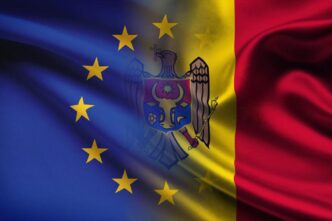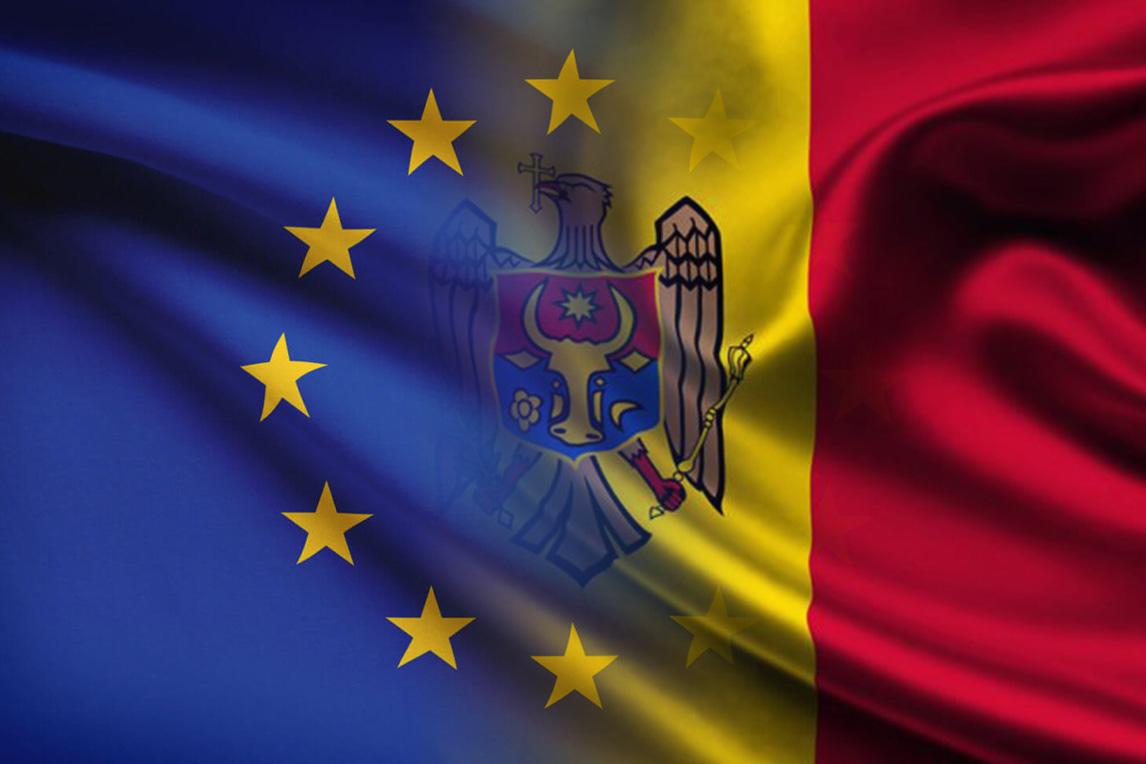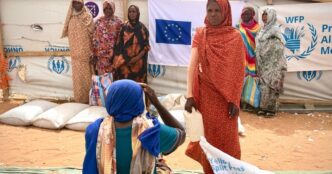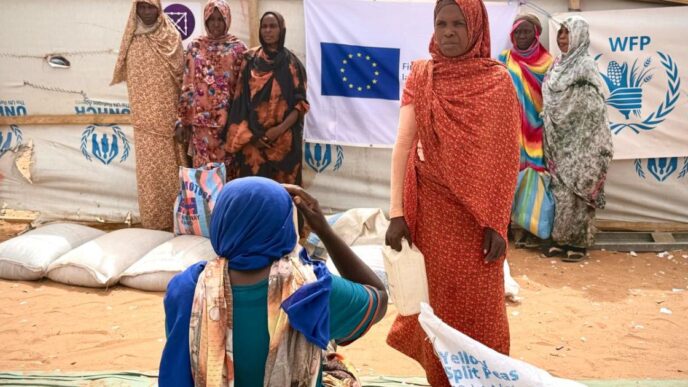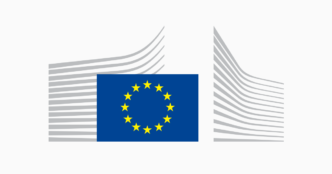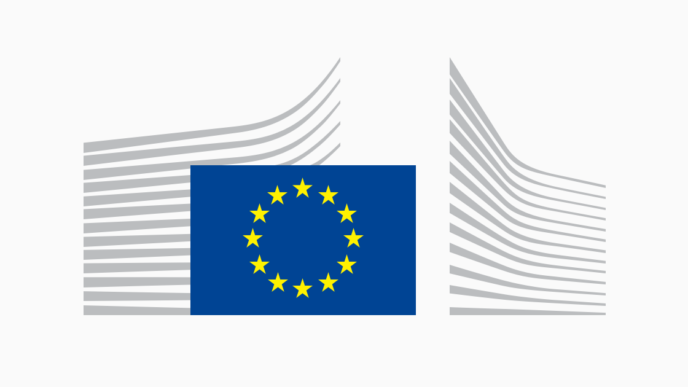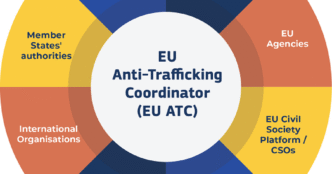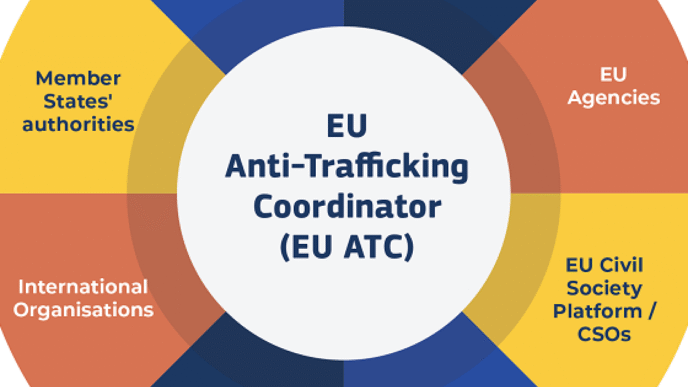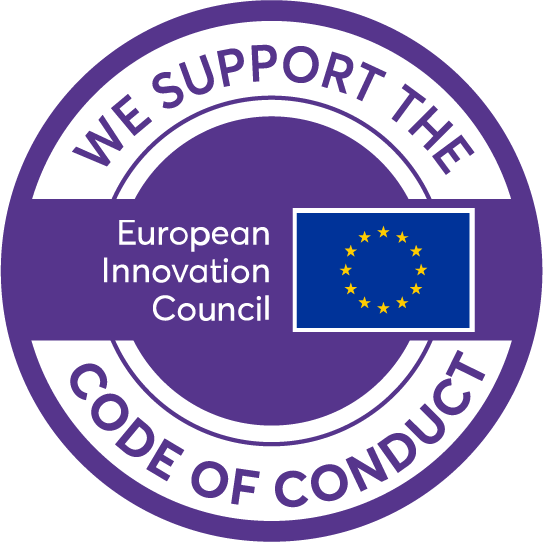On 4 June in Brussels, the European Union and the Republic of Moldova (hereinafter “Moldova”) held their 9th Association Council Meeting today in Brussels. The meeting was chaired by the Prime Minister of Moldova, Mr. Dorin Recean. The High Representative of the European Union for Foreign Affairs and Security Policy, Ms. Kaja Kallas, led the EU delegation, which also included Commissioner for Enlargement Ms. Marta Kos.
During the meeting, the EU reiterated its unwavering support for Moldova’s EU accession process, commending the country’s determination to reform amidst significant challenges. The Association Council took note of Moldova’s progress in aligning with the EU acquis, particularly in critical domains such as the rule of law, justice reform, and the fight against corruption. It looked forward to the next steps in Moldova’s accession process by opening negotiations on clusters, starting with the fundamental cluster as soon as possible.
The participants recalled that the Moldova Growth Plan, worth EUR 1.9 billion over three years, is a transformative instrument for economic resilience and convergence with the EU. It will ensure that the tangible benefits of European integration are felt by all Moldovan citizens. The participants emphasised the importance of further deepening sectoral cooperation and Moldova’s gradual integration into the EU internal market. In this context, the Association Council welcomed the decision to include Moldova in the geographical scope of the Single Euro Payments Area (SEPA) to facilitate payments. The parties also agreed to set up a Joint Consultative Committee with the Committee of the Regions and a new Public Administration Reform Subcommittee.
The EU welcomed the historic choice of the people of Moldova to anchor their future within the EU, following the 2024 constitutional referendum, and highlighted the importance of continuing to strategically communicate the benefits and obligations of the accession process and EU membership to the people of Moldova. The EU commended the authorities’ commitment to upholding the democratic process despite large-scale interference and a hybrid campaign by Russia and its proxies. Ahead of the 2025 parliamentary elections, the participants highlighted the importance of strengthening the resilience of the electoral process against malign interference in line with international standards and best practices.
The participants marked the first anniversary of the EU-Moldova Security and Defence Partnership, signed in the margins of the 8th Association Council last year, as a testament to the growing cooperation in these areas. As a sign of the EU’s continued commitment to strengthening Moldova’s resilience against hybrid threats, the EU extended the mandate of the European Union Partnership Mission in Moldova (EUPM) for two years, until May 2027. In support of modernising Moldova’s defence sector and as an investment in peace and stability, the EU also recalled that Moldova is the second-largest beneficiary of the European Peace Facility, with support measures amounting to EUR 197 million for the period 2021–2025.
Finally, amidst a profoundly challenging regional security context, shaped by Russia’s ongoing war of aggression against Ukraine, the EU reiterated its resolute support for Moldova’s sovereignty and territorial integrity. The Association Council condemned Russia’s weaponisation of energy supplies and recalled that the EU stands in solidarity with Moldova and has stepped up its support to help Moldova successfully tackle these challenges.
The 9th EU–Moldova Association Council Meeting concluded with a clear message: the future of Moldova and its people lies within the EU.
